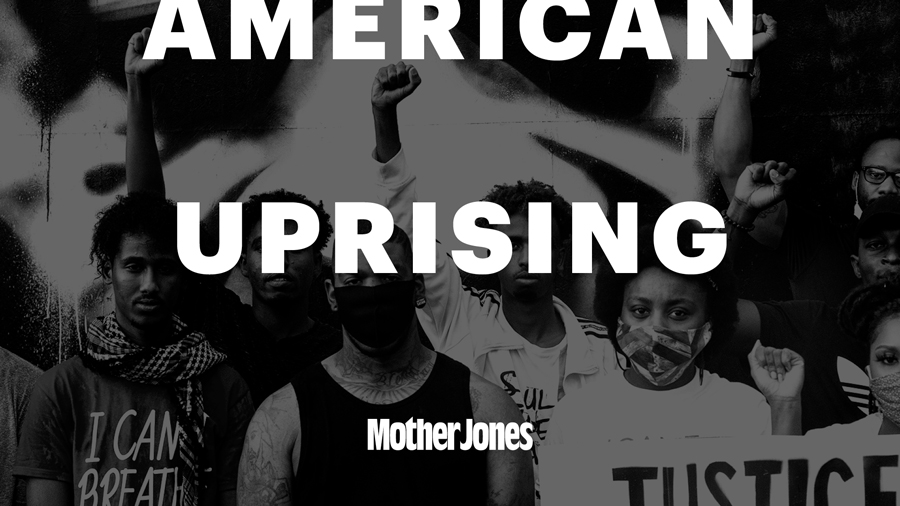If you’re Rep. Marcy Kaptur or the 61 other congressmen—or, for that matter, the 140,000 petition signers—then you’ve got to feel pretty powerful right now. Yesterday, Kaptur hand-delivered a letter to the Justice Department calling for a criminal investigation of Goldman Sachs, the besieged investment firm facing fraud charges for a complicated 2007 deal gone bad. Less than 24 hours later, reports emerged that the federal prosecutors have opened a preliminary criminal inquiry into Goldman’s trading activities.
The case was referred to the Southern District of New York prosecutor’s office by the Securities and Exchange Commission, which filed a securities fraud suit against Goldman two weeks ago. The SEC’s suit alleges that Goldman misled investors by not disclosing that a hedge fund trader who wanted to bet against a product of Goldman’s making had influenced what went into the product, called a synthetic collateralized debt obligation (CDO). Essentially, the SEC says that the hedge fund trader, John Paulson, got to rig the CDO so that his bet against it was almost certain to pay out. (It did: Paulson ended up making $1 billion, while the two investors who invested in the CDO, called Abacus, lost roughly the same amount.)
Right now, the criminal investigation of Goldman is in the early stages. It’s also worth noting that the burden of proof in a criminal case like this is higher than in a civil suit, like the SEC’s, meaning federal prosecutors have their work cut out for them to show blatant wrongdoing by Goldman. Nevertheless, today’s reports cap arguably one of the worst weeks in Goldman’s history. The firm’s top brass were grilled by Senate lawmakers on Tuesday, the company’s stock has slumped, and a pair of shareholders filed what’s projected to be the first of multiple shareholder suits against Goldman. The worst, it seems, could still be on the horizon.





